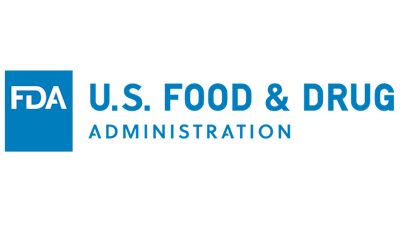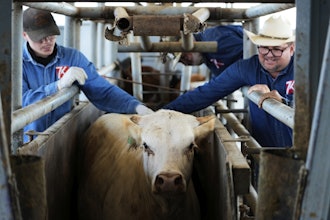
The FDA will be continuing its enforcement discretion policy for compliance with certain FDA Food Safety Modernization Act (FSMA) supply-chain program requirements applicable to receiving facilities that are co-manufacturers.
Three of the rules created to implement FSMA — Preventive Controls for Human Foods, Preventive Controls for Animal Food, and the Foreign Supplier Verification Programs — require co-manufacturers that are receiving facilities and/or importers that produce food for the brand owners to approve suppliers and conduct certain supplier verification activities. These requirements are designed to ensure suppliers are addressing hazards requiring a supply-chain-applied control.
In November 2017, the FDA announced a two-year enforcement discretion policy for compliance with certain supply chain requirements in response to industry concerns that in some situations the supply chain requirements could conflict with existing contracts between brand owners and the firms the brand owners select to supply their co-manufacturers. The enforcement discretion was intended to give brand owners more time to work with suppliers to adjust contracts so that supply-chain related information could be shared with co-manufacturers.
Since that time, FDA has learned of additional challenges industry is facing in trying to meet the supply-chain requirements. The FDA will continue its enforcement discretion policy while advancing its work with stakeholders to better understand these challenges and to consider possible solutions to address these situations. We intend to announce the extension in a forthcoming notice in the Federal Register. In the meantime, co-manufacturers should continue to comply with other applicable requirements for which they are responsible under the Federal Food, Drug, and Cosmetic Act.






















